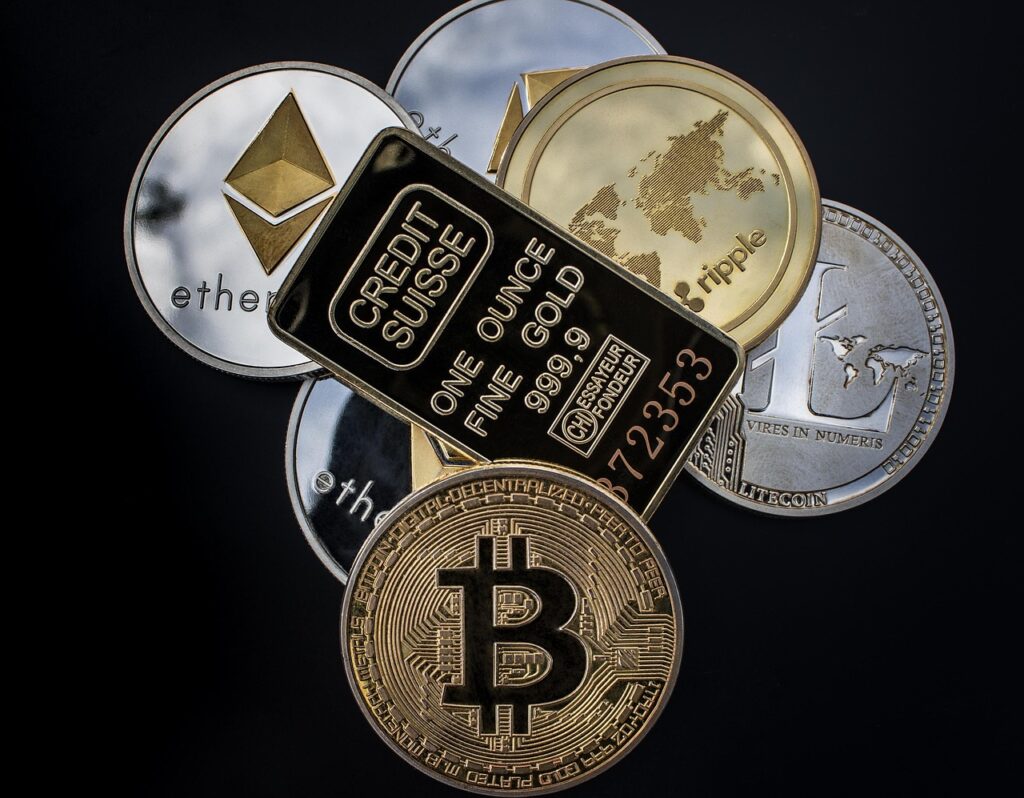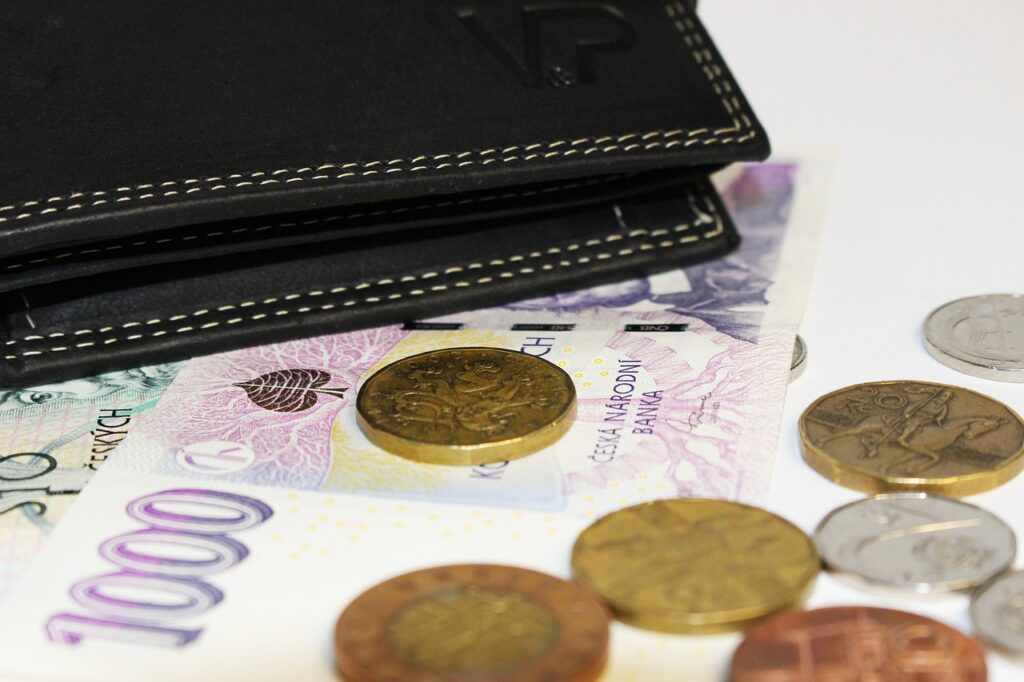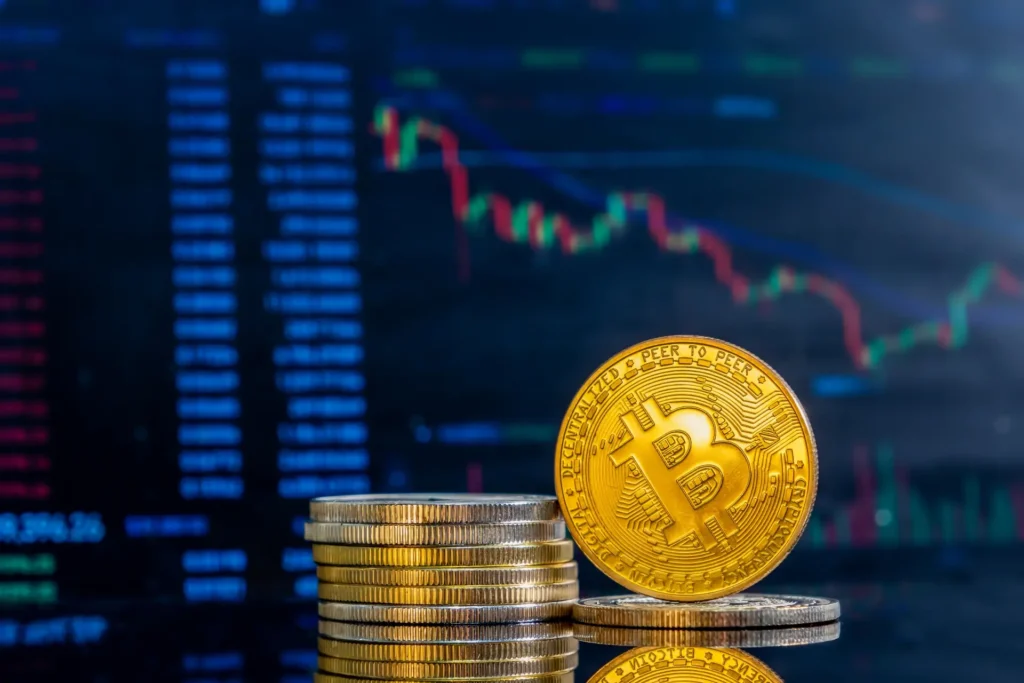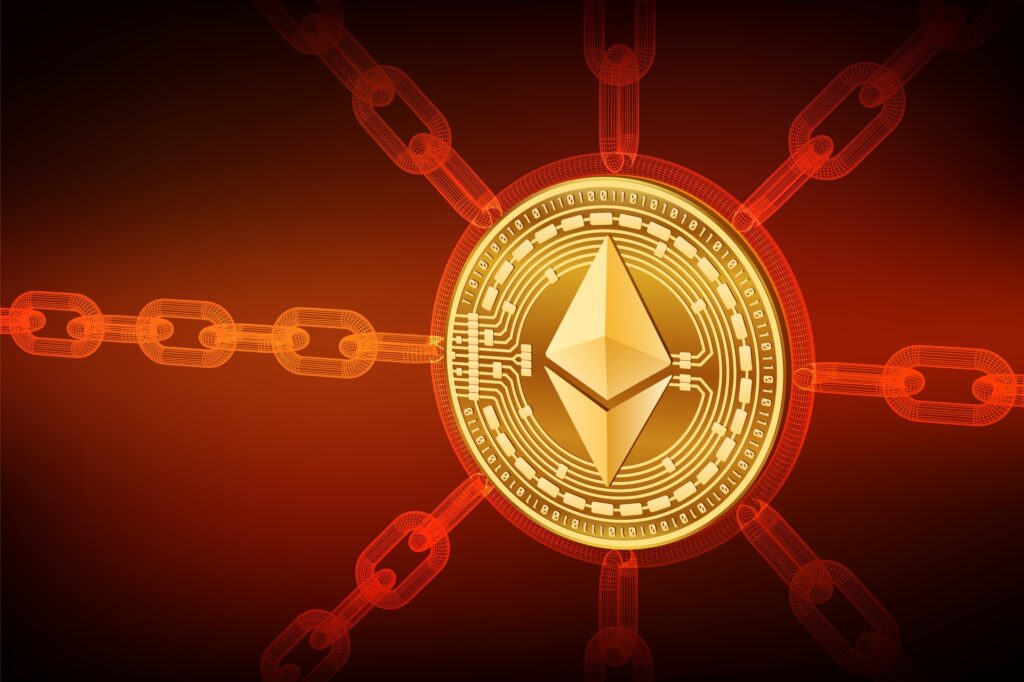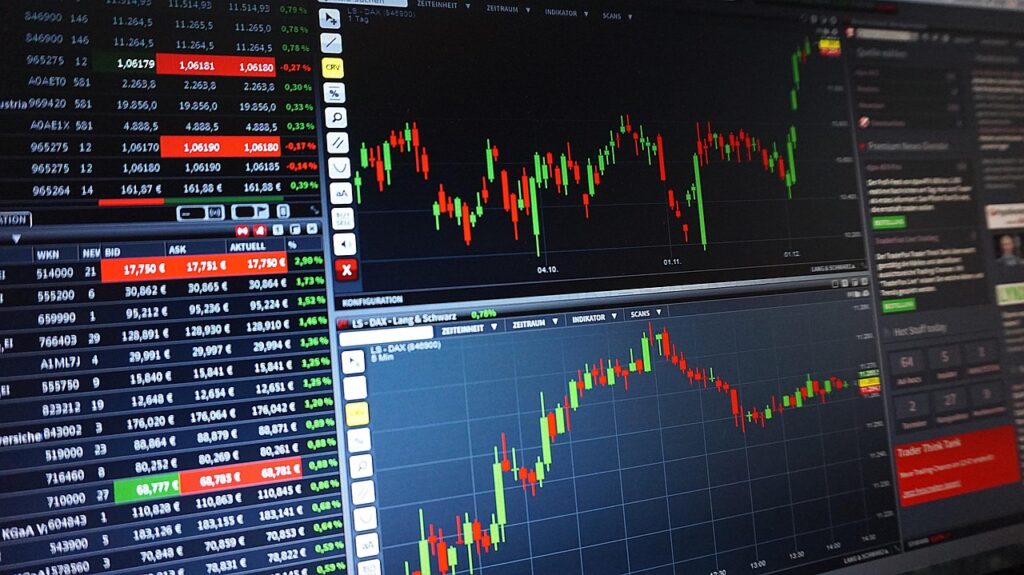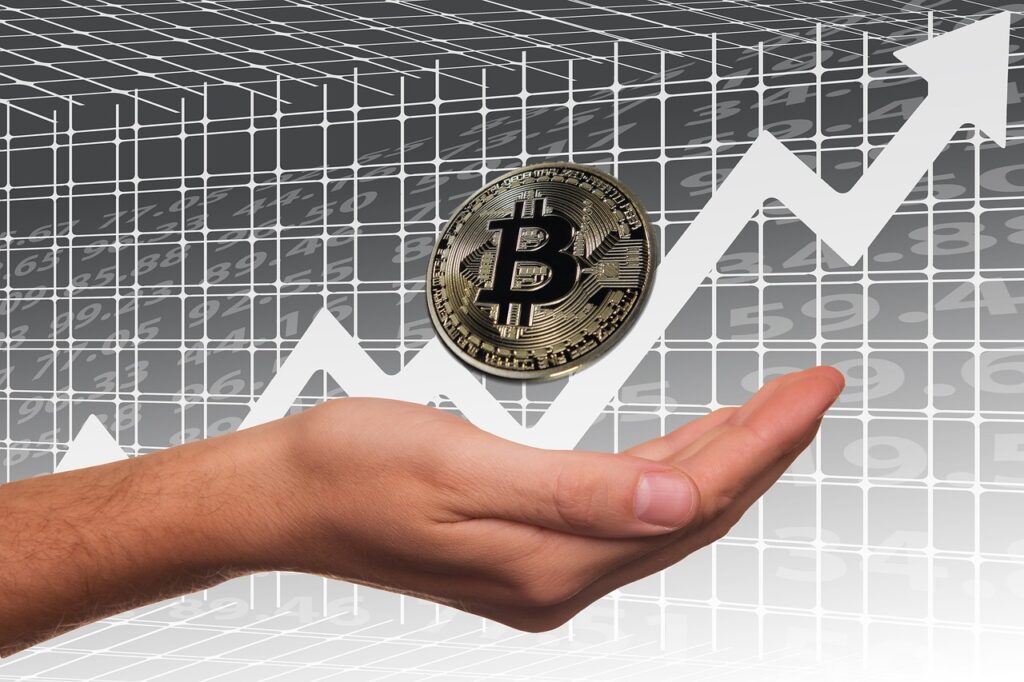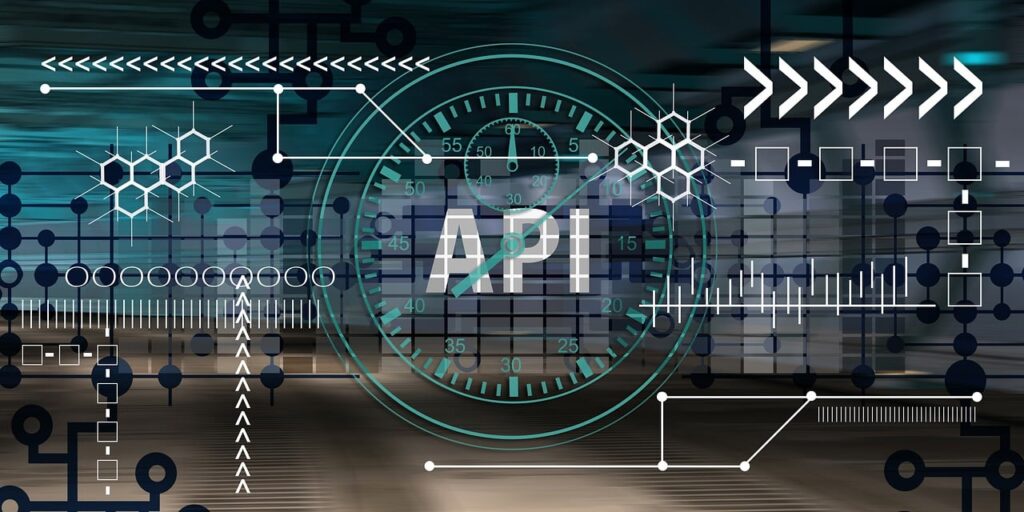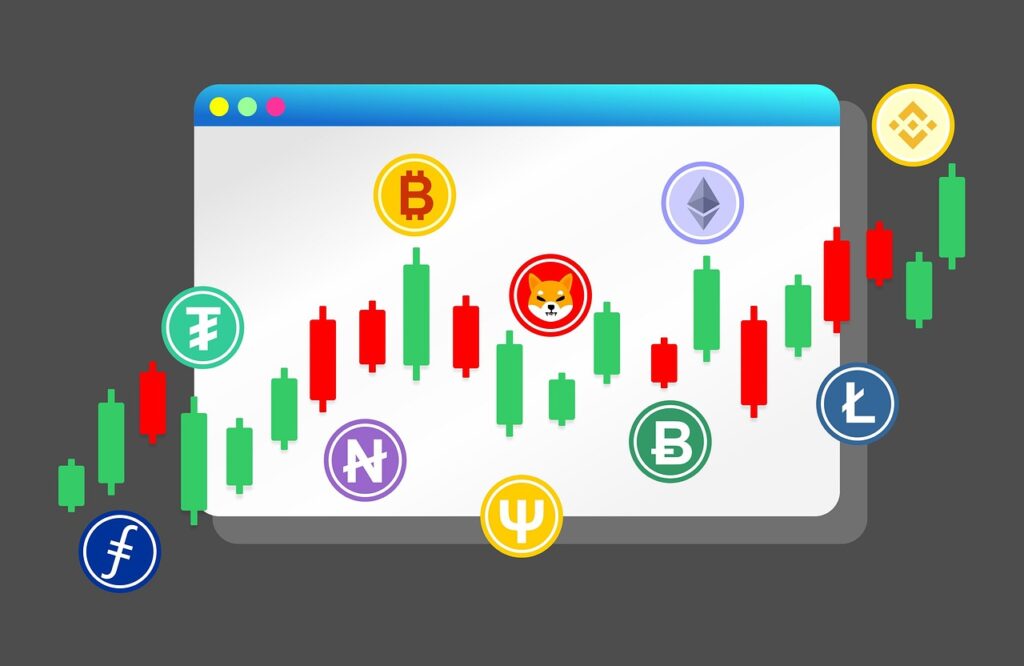Table of Contents
- 1 Blockchain in the Financial Sector
- 2 How Blockchain Is Impacting India’s Financial Sector
- 3 Success Stories: Blockchain Use Cases in India
- 4 Case Study 1: Karnataka Government’s Web 3.0 Initiative
- 5 Case Study 2: Blockchain Adoption by Major Banks
- 6 The Road Ahead: Blockchain’s Potential in India
- 7 Challenges to Widespread Blockchain Adoption
Blockchain in the Financial Sector
Blockchain, a distributed and decentralized digital record, is generating buzz across all industries globally, particularly in finance. With the potential to deliver greater security, transparency, and immutability, blockchain disintermediates, lowering cost, fraud, and human errors. This revolutionary technology is changing how the world deals with money and value.
In India, the adoption of blockchain in finance is still at a nascent stage but is picking up rapidly. Top banks and financial institutions are actively studying the potential of blockchain to enhance efficiency, security, and customer experience. Particularly, State Bank of India, ICICI Bank, and HDFC Bank are investing in distributed ledger technology (DLT) to transform financial services.
How Blockchain Is Impacting India’s Financial Sector
Blockchain resolves a number of long-standing challenges in finance and redefines how the major players work. Blockchain improves transparency, streamlines procedures, accelerates settlements, and brings automation by means of smart contracts.
Consider, for example, the use of blockchain to computerize bank guarantees and letters of credit, lowering processing time and cost dramatically. Additionally, compliance and reporting are automated with tamper-proof blockchain records, which increase accuracy and reduce manual work. Perhaps the most significant benefit is the virtual real-time movement of funds across institutions, eliminating delays and frictions.
Success Stories: Blockchain Use Cases in India
Case Study 1: Karnataka Government’s Web 3.0 Initiative
The Karnataka government is leading the way in public-sector blockchain applications through its Web 3.0 initiative. This project, launched in 2021 by the Department of Electronics, IT, and Biotechnology in collaboration with the National Informatics Centre (NIC), is piloting blockchain for managing land records and educational certificates.
- Land Records (Chikkaballapur District): A tamper-proof digital system for land ownership aims to reduce fraud and make records easily accessible.
- Educational Certificates (Tumkur District): Blockchain-secured certificates help prevent forgery and enable seamless verification of academic credentials.
If these pilots prove successful, the technology could expand to manage birth and death certificates, property taxes, and social welfare benefits, ushering in a new era of secure and efficient governance.
Case Study 2: Blockchain Adoption by Major Banks
Following the Reserve Bank of India’s call for action, some banks have implemented blockchain technology. State Bank of India joined forces with JP Morgan to leverage its blockchain platform, while Axis Bank, ICICI Bank, and Yes Bank subscribed to JP Morgan’s Interbank Information Network, which enables cross-border payments and information sharing.
The Road Ahead: Blockchain’s Potential in India
The future of blockchain in India’s economy is promising. From enabling real-time transfer of money and instant monitoring of transactions to enabling automated complex financial contracts through smart contracts, the technology has enormous potential. It also has the potential to facilitate greater financial inclusion by offering services to those yet to be served by traditional banks.
Blockchain will aid in preventing fraud, countering cyber attacks, and easing the development of cryptocurrencies, thereby assisting in building a more robust, innovative financial system.
Challenges to Widespread Blockchain Adoption
While its potential is enormous, blockchain has several challenges ahead of it. Technical problems involving scalability, privacy, and security need to be addressed. Moreover, India’s regulatory framework involving blockchain and cryptocurrencies remains in the process of being formulated, causing both businesses and consumers uncertainty.
But by strategic investments, favorable policies, and continuous technological progress, blockchain would become the cornerstone of India’s digital financial infrastructure.

